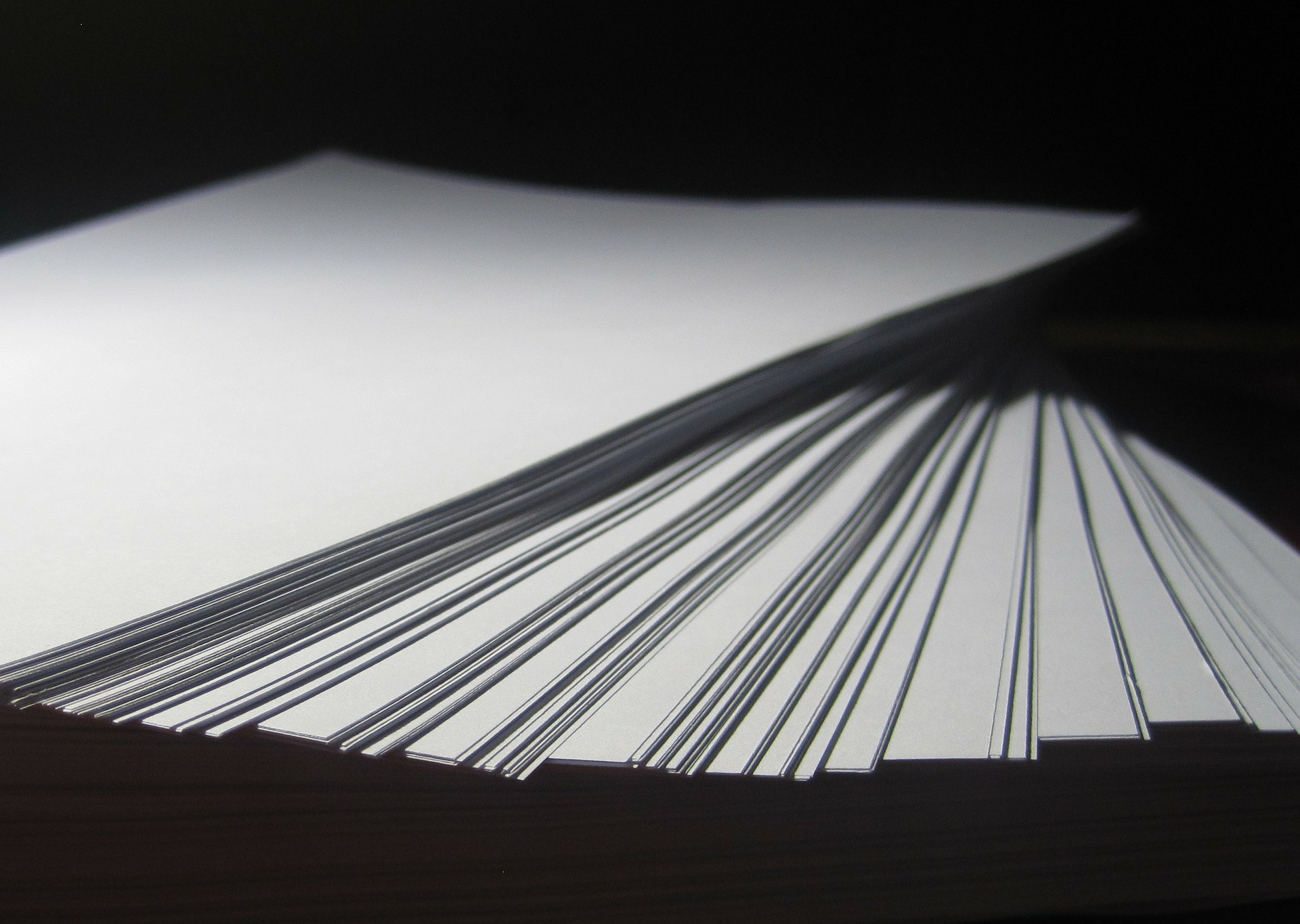
In 2019, over 155 million individual income tax returns were filed with the Internal Revenue Service (IRS). To make that happen, most filers have to collect a variety of tax documents before each filing. That way, they can provide the IRS with accurate information and make sure that they are paying their fair share or getting any refund due. Whether you plan to handle your taxes on your own or want to hire a professional, having the right documentation is a must. If you aren’t sure what you need, here’s an overview that you can use as a checklist.
Personal Information
When you complete your taxes, you have to provide certain personal information. This includes details about you and potentially your spouse, children, or anyone who may qualify as a dependent.
If you want to make sure that what you list is accurate, certain documents can help. Here are some that are worth gathering before you start your tax return:
- Government-Issued ID Cards or Driver’s Licenses
- Birth Certificates
- Social Security Cards
- Tax ID Number
Income
In order to file your taxes, you need to be able to record information about your income during the previous year. That means you’ll need specific documents that show what you earned in 2019.
In most cases, you’ll receive tax documents from employers, companies you contracted for, or certain other individuals. This can include:
- W-2 Forms
- 1099-MISC
- 1099-K
Additionally, there are other forms of income that create tax documents. If you have investments, you may receive:
- 1099-B for broker-handled transactions
- 1099-S for stock sales
- 1099-INT for interest earnings
- 1099-DIV for dividends
- 1099-R for distributions
Individuals who receive certain government benefits also receive tax forms. This can include the following forms:
- 1099-G
- 1099-SSA
- 1099-RRB
However, not all income sources will automatically provide you with a document. If you have earnings that won’t be reported on a W-2 or 1099, then you may need other records, including (but not limited to):
- Bank Statements
- Payment Management Transaction Records (PayPal, Venmo, etc.)
File Your Taxes with H&R Block
Deductions
If you want to claim certain deductions, you may need certain documents. Exactly what you need depends on your situation.
In some cases, you’ll receive forms from another entity, such as your mortgage or student loan lender or your educational institution. However, some deductions may require you to gather up bills or bank statements.
Here’s a look at what you’ll need in various scenarios:
- Retirement Accounts: W-2 for 401(k)s or TSPs and IRS Form 5498 for IRAs
- Educational Expenses: IRS Form 1098-T for school costs and IRS Form 1098-E for student loans
- Medical Deductions: Medical bills and bank statements
- Health insurance: IRS Form 1095-A, 1095-B, or 1095-C
- HSA Contributions: 5498-SA
- Mortgage Interest: IRS Form 1098 from the lender
- Property Taxes: IRS Form 1098 from your lender (if they are handling your property taxes) or property tax bills and bank statements
- Charitable Donations: Bank statements and receipts
- Business Expenses: Receipts, bills, and bank statements
- Work Driving: Mileage records
- Home Office Deduction: Measurement of the size of the home office
- Childcare: Provider’s tax ID, bills, and receipts
Payments
If you work for an employer who provides you with a W-2, your tax payment information will be on that document. However, if you are self-employed and have been making estimated tax payments, you’ll need those records as well. That means you’ll need to gather your 1040-ES. Usually, it is available through the IRS website. By viewing your IRS account, you can retrieve those details.
Could You Need to Gather Other Documents?
While the information above will cover most tax filers, there are situations where additional documents could be necessary. For example, those who were impacted by a federally-declared disaster might need records that document their property losses, repair costs, insurance claims, FEMA assistance details, and similar information.
Similarly, educators are allowed to deduct up to $250 of classroom supplies. As a result, to claim that deduction, a qualifying educator would need receipts that reflect those costs.
There can be other situations where more documentation is also helpful. If you are concerned that you may overlook an important document, it may be wise to consult with a tax professional. They can examine your personal situation and see what additional information may be relevant, beneficial, or necessary to complete your taxes properly, record all of your income, and give you access to credits or deductions that you may be owed.
Can you think of any other tax documents people should gather in preparation for their upcoming tax filing? Share your thoughts in the comments below.
Read More:
- What Happens If You Don’t File Taxes?
- Last Minute Ways to Reduce Your Taxes
- 10 Best Ways to Use Your Tax Refund
If you enjoy reading our blog posts and would like to try your hand at blogging, we have good news for you; you can do exactly that on Saving Advice. Just click here to get started.
Tamila McDonald is a U.S. Army veteran with 20 years of service, including five years as a military financial advisor. After retiring from the Army, she spent eight years as an AFCPE-certified personal financial advisor for wounded warriors and their families. Now she writes about personal finance and benefits programs for numerous financial websites.
Comments